In the weeks, months and years after the suicide of a loved one, family and friends often ride a rollercoaster of emotions including intense grief, guilt, confusion, anger, disbelief and despair.
The grieving process takes time and effects everyone differently. You might feel a mixture of emotions at any one time. It may feel as though the suicide of a loved one is too much to bear. There is stigma (inaccurate and unhelpful attitudes and beliefs) attached to suicide in our society and you will probably find that many people don‘t know what to say. This can sometimes result in not receiving the help and support that is needed. However, there is support available for people bereaved by suicide.
⬇️ Download this information as a fact sheet
Useful websites
The National Association for Loss and Grief
Bereaved by Suicide Centre for Intensive Grief Therapy
Disclaimer
This information is for educational purposes. As neither brochures nor websites can diagnose people it is always important to obtain professional advice and/or help when needed.
This information may be reproduced with an acknowledgement to WayAhead – Mental Health Association.
The Association encourages feedback and welcomes comments about the information provided.




